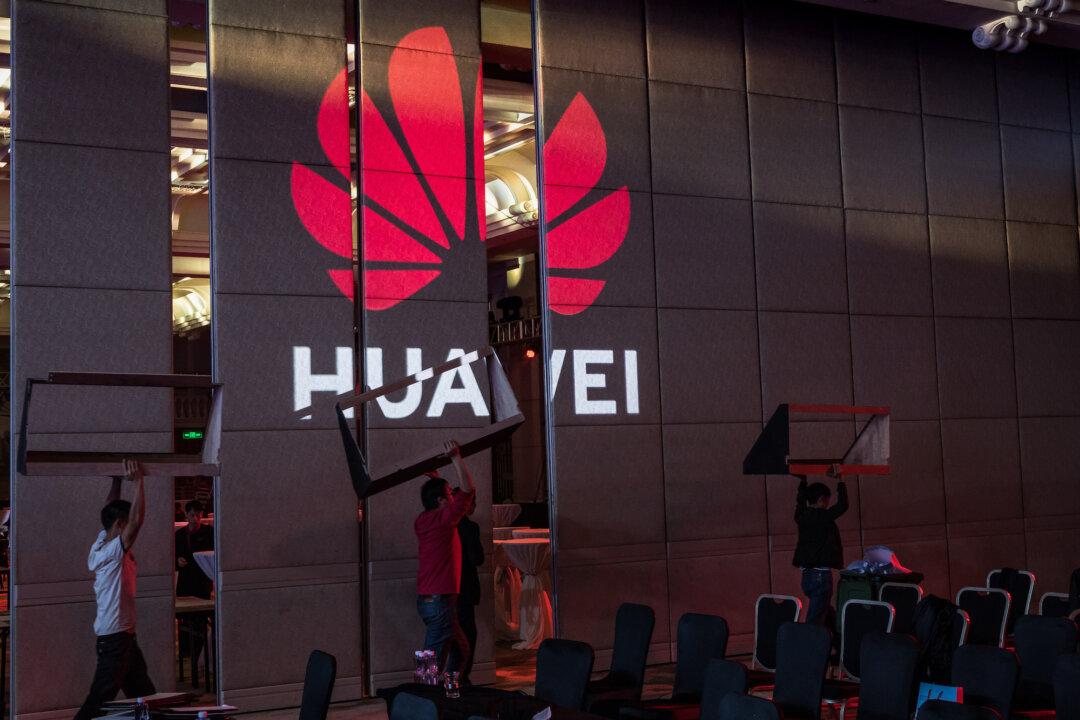President Donald Trump on May 15 signed an executive order declaring a national emergency and barring U.S. companies from using telecommunications equipment made by firms posing a national security risk, paving the way for a ban on doing business with China’s Huawei Technologies Co.
The order, which does not name any company, declared a national emergency to protect U.S. computer networks from “foreign adversaries.”





